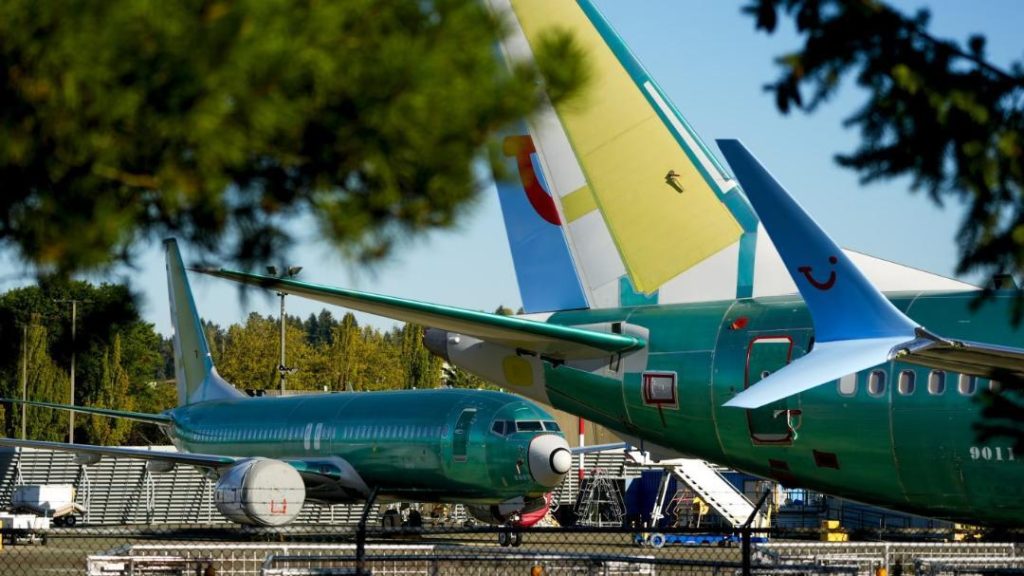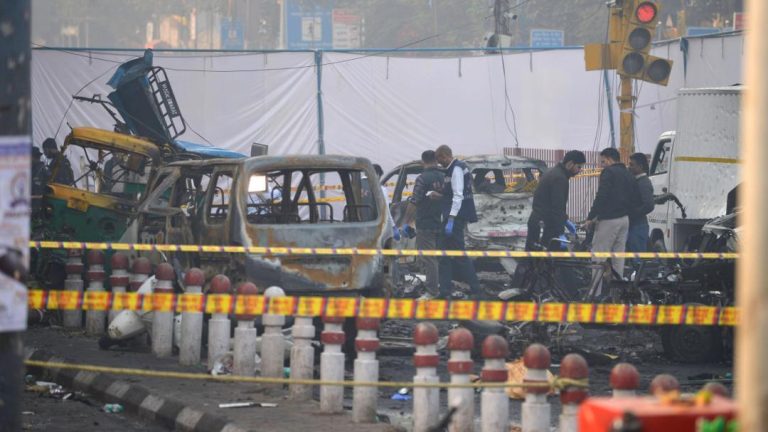
Boeing Crashes, Incidents & Failures: 2019-2025 Timeline
The year 2019 marked a significant turning point for Boeing, the American multinational corporation that has been a pioneer in the aviation industry for decades. Between 2019 and 2025, Boeing aircrafts were involved in multiple crashes, technical failures, emergency landings, and structural issues, raising concerns over the company’s safety, quality control, and reliability.
In this blog post, we will take a closer look at the Boeing crashes, incidents, and failures that occurred between 2019 and 2025, highlighting the major events and their impact on the aviation industry.
2019: 737 MAX Crashes
The year 2019 began with a series of crashes involving Boeing’s 737 MAX aircraft. On March 10, 2019, an Ethiopian Airlines Boeing 737 MAX 8 crashed shortly after takeoff, killing all 157 people on board. This crash followed a similar incident in Indonesia on October 29, 2018, where a Lion Air 737 MAX 8 crashed into the Java Sea, killing 189 people.
The two crashes led to a global grounding of the 737 MAX fleet, as regulators and investigators sought to determine the cause of the accidents. The crashes were linked to a faulty sensor system, which caused the aircraft’s automated flight control system to malfunction, leading to a series of nosedives.
2020: Structural Issues
In 2020, Boeing faced another major issue with its 737 aircraft. On January 9, 2020, a Southwest Airlines Boeing 737-800 experienced a sudden loss of cabin pressure, causing oxygen masks to drop down and forcing the plane to make an emergency landing. An investigation revealed that the aircraft’s fuselage had developed a small hole, which was caused by a manufacturing flaw.
This incident highlighted concerns over the structural integrity of Boeing’s aircraft, particularly the 737 series. The company faced criticism for allegedly rushing production and cutting corners to meet demand, which led to a series of quality control issues.
2021: 737 Crashes in China and South Korea
In 2021, Boeing’s 737 aircraft was involved in two separate crashes in China and South Korea. On April 21, 2021, a China Eastern Airlines Boeing 737-800 crashed in the mountains of Guangxi Province, killing all 132 people on board. On November 29, 2021, a Korean Air Boeing 737-800 experienced a sudden loss of power and made an emergency landing in Seoul, causing no fatalities.
These crashes raised concerns over the safety and reliability of Boeing’s 737 aircraft, particularly the 800 series. The company faced criticism for allegedly neglecting maintenance and quality control issues, which led to a series of incidents and accidents.
2022: 787 Dreamliner Issues
In 2022, Boeing’s 787 Dreamliner faced a series of issues, including a major fire on a Japan Airlines 787-8 aircraft in April 2022. The fire was caused by a faulty electrical component, which led to a series of grounding orders and inspections worldwide.
The 787 Dreamliner has been plagued by issues since its introduction in 2011, including problems with its lithium-ion batteries and wing cracks. These issues have led to a series of delays and cancellations, causing significant financial losses for the company.
2025: Air India Dreamliner Crash
On February 14, 2025, an Air India Boeing 787-8 aircraft crashed during takeoff from Ahmedabad, India, killing all 189 people on board. The crash was caused by a faulty fuel pump, which led to a series of engine failures and loss of control.
This incident marked a major turning point for Boeing, as it highlighted concerns over the safety and reliability of its 787 aircraft. The company faced criticism for allegedly neglecting maintenance and quality control issues, which led to a series of incidents and accidents.
Conclusion
The Boeing crashes, incidents, and failures between 2019 and 2025 highlight a series of recurring problems with the company’s safety, quality control, and reliability. Despite reforms and measures to address these issues, Boeing’s aircraft continue to be involved in major incidents and accidents, raising concerns over the company’s ability to ensure the safety of its passengers and crew.
As the aviation industry continues to evolve, Boeing must prioritize safety, quality control, and reliability to regain the trust of its customers and the public. The company must also invest in research and development to address the recurring issues that have plagued its aircraft in recent years.
Sources:
https://ascendants.in/business-stories/boeing-lays-off-180-engineers-bengaluru/






